Musician MIKEY on the spirited voyage to define their personal voice
A conversation on the ambivalence of relocation
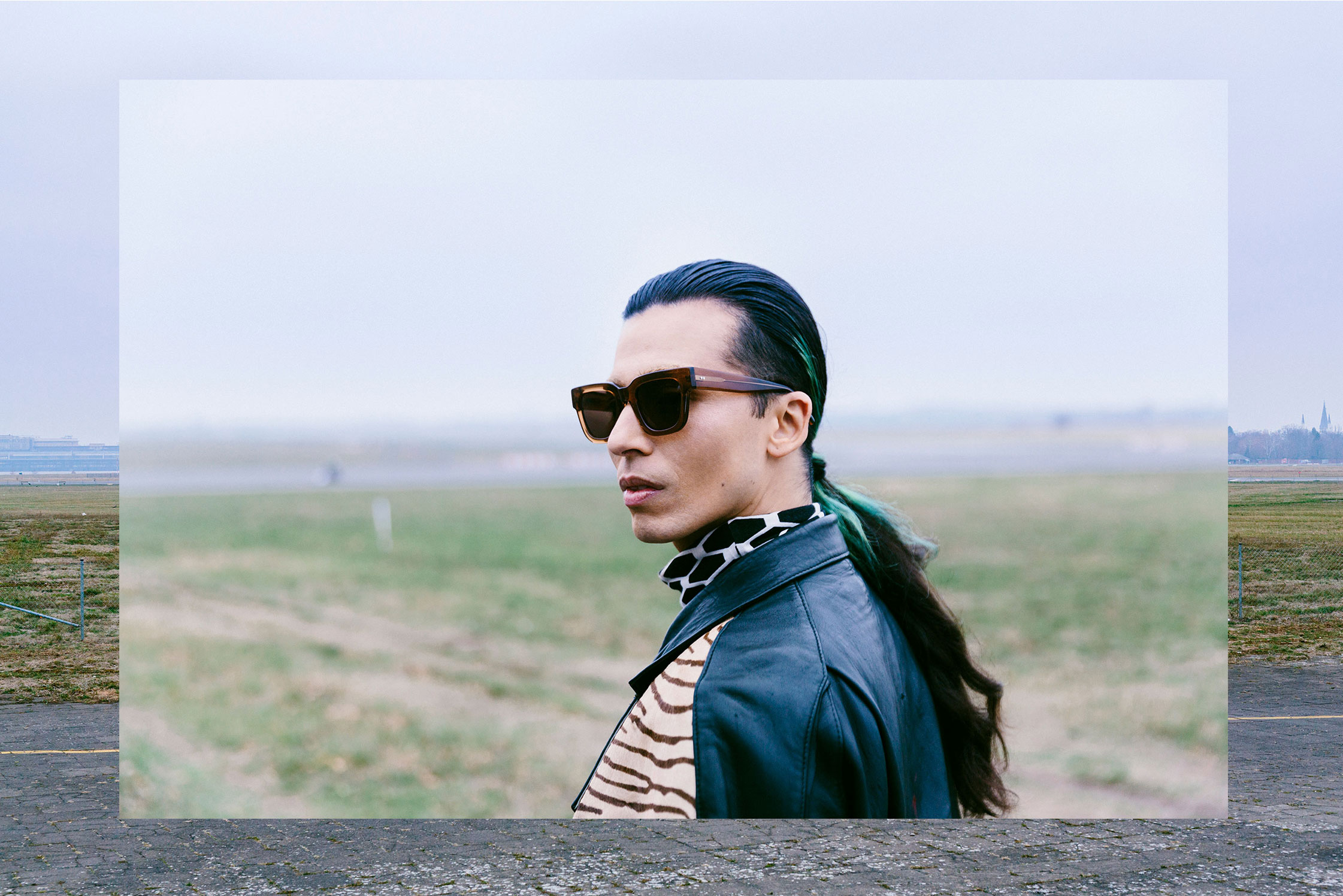
Berlin might not have been Mikey Woodbridge’s first choice when it came to finding a home, but the two years spent living in the German capital have been transformative for the Australian-born musician.
In 2018, Woodbridge, aka Mikey, released an inaugural EP, Paths, which explores the pain and inner strength that comes from seeking sex and romantic relationships as a non-gender-conforming person. Mikey identifies as non-binary and goes by the pronouns they or it. “It’s never going to be a normal love,” they reflect. “It’s not hetero love, it’s not gay love, it’s something else because I’m in the middle.” The debut is a startlingly honest account of what it means to be non-binary, but one that—with its universal theme of love—has the potential to find resonance beyond the LGBTQI community.
Mikey grew up in Newcastle, Australia, a coastal city a few hours drive away from Sydney, but escaped to the bright lights of New York City in their early twenties. “I moved away straight after my dad died in 2010,” Mikey recall. “I just craved the big city and instinctively knew I would find people who are like-minded and who could bring out a part of me that I wanted to discover.”
As a self-proclaimed “shy and awkward” child, it took moving to New York and, later, London, for Mikey to discover queer nightlife and start experimenting with fashion and cosmetics. “It wasn’t until I got more into makeup that I started living the person that I call me as my highest self,” they recall. “When I’m femme-presenting no one fucks with me.”
This interview is part of Heimatbound, a joint project by FvF and Ace & Tate that aims to prompt conversations on the notion of home in Berlin, and why identity is always multidimensional.
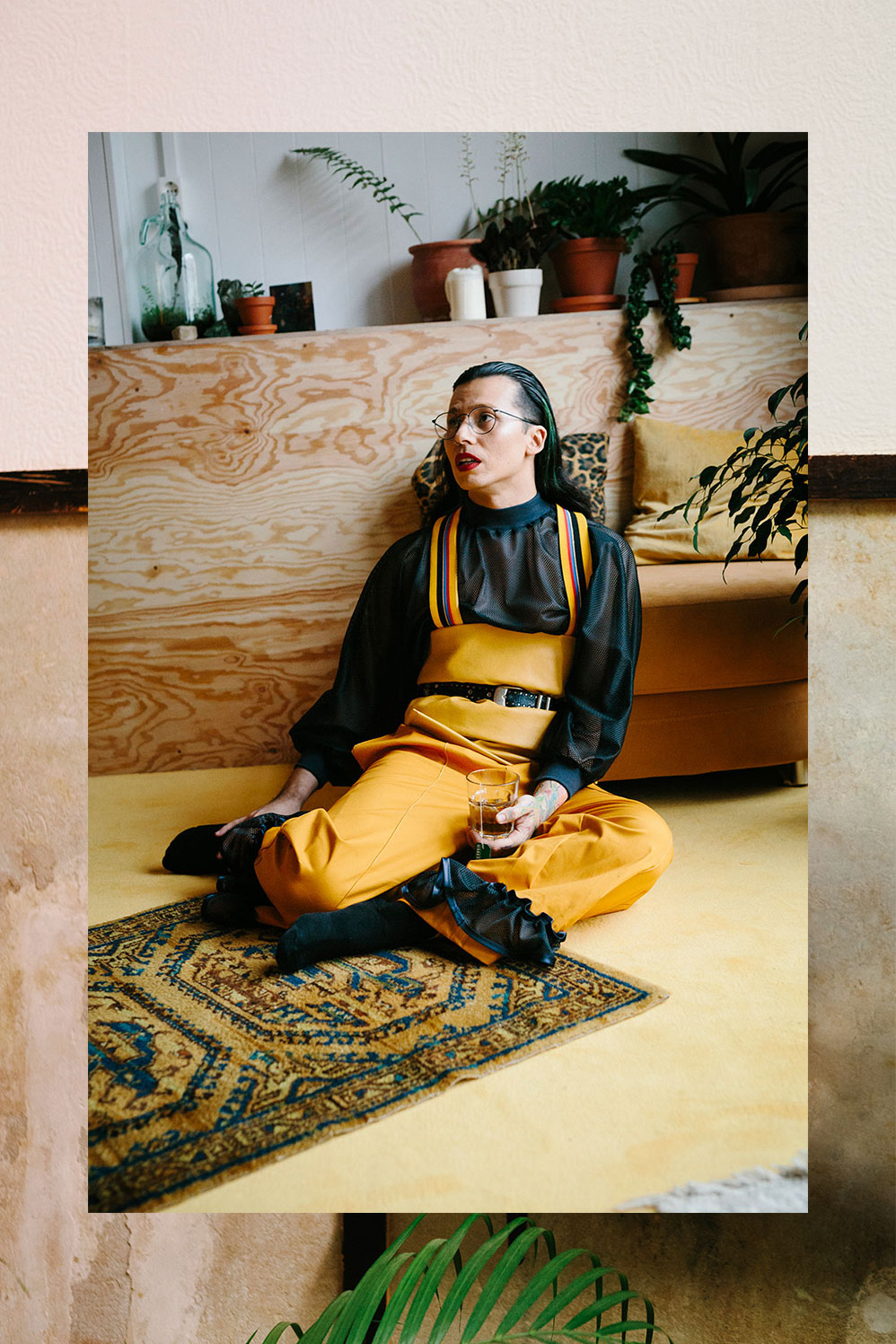
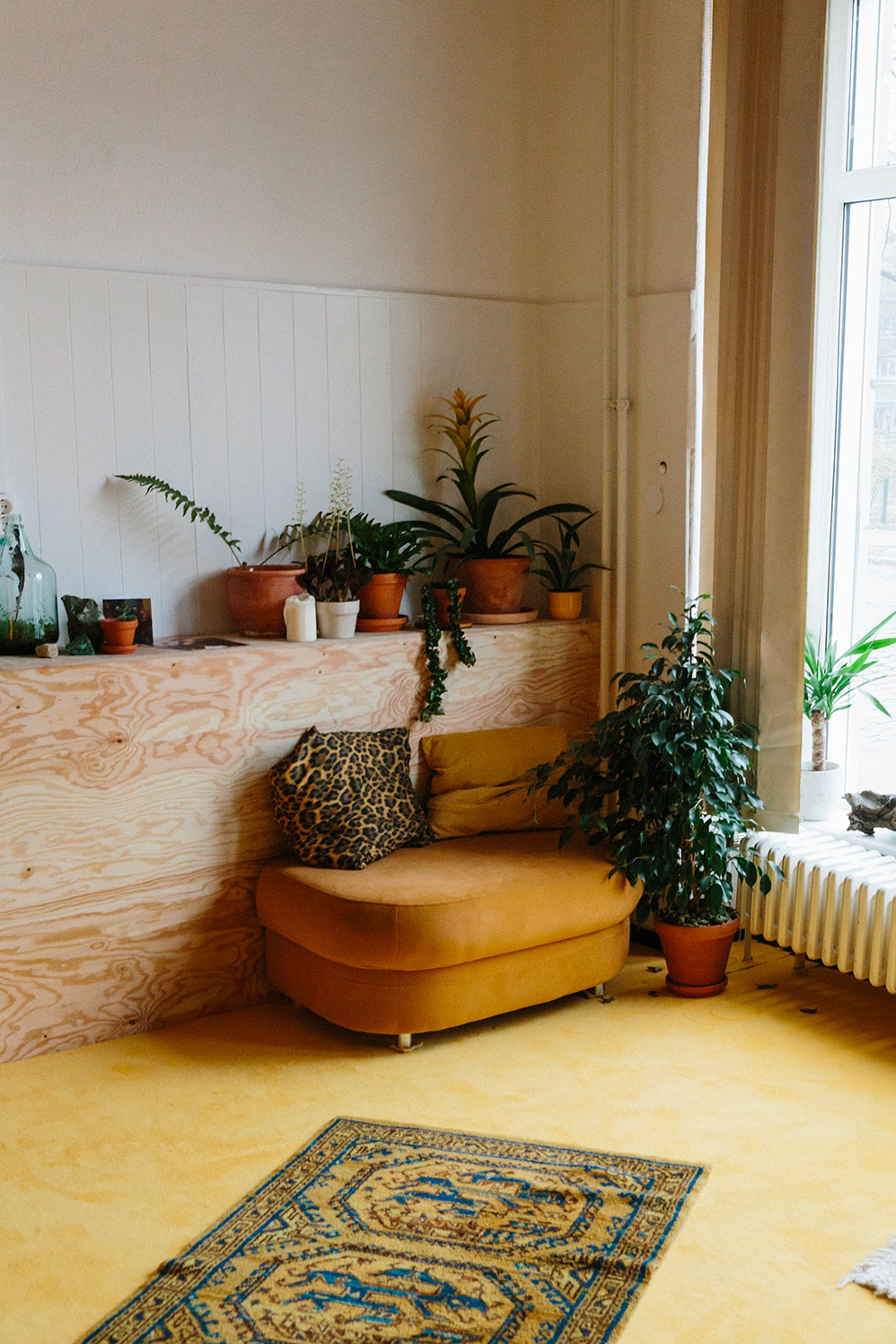
“When I came to Berlin I didn’t need to prove myself to anyone anymore.”
-
Having lived in three cities known for their nightlife scenes, where did you feel most able to be yourself?
I was a different person when I lived in New York; I was a different person when I lived in London. They were all great in their own ways, but I think Berlin has helped me find more of myself in a different way than in London or New York.
-
It’s interesting that in Berlin all the best parties were started by the queer community…
That’s our culture; every party is crazy and limitless. If you look at techno and house music it was all started by queers, trans, and people of color.
-
How have you changed since moving here?
I go out now to have a spiritual journey, whereas in London or New York I was still kind of living the life of a club kid—having the best look, discovering makeup. I guess New York and London helped me to live that without fear. When I came to Berlin I didn’t need to prove myself to anyone anymore. I didn’t need to be the coolest person; I didn’t need to go out and have people acknowledge me. I think that gave me a sense of peace going out where I could find that spiritual side of me.
-
When was the last time you had that kind of “spiritual journey” at a party?
Every week! I’m realizing that we’re all—every person on the planet—spiritual beings and that all of us have had past lives. It’s just a continuous, infinite story.
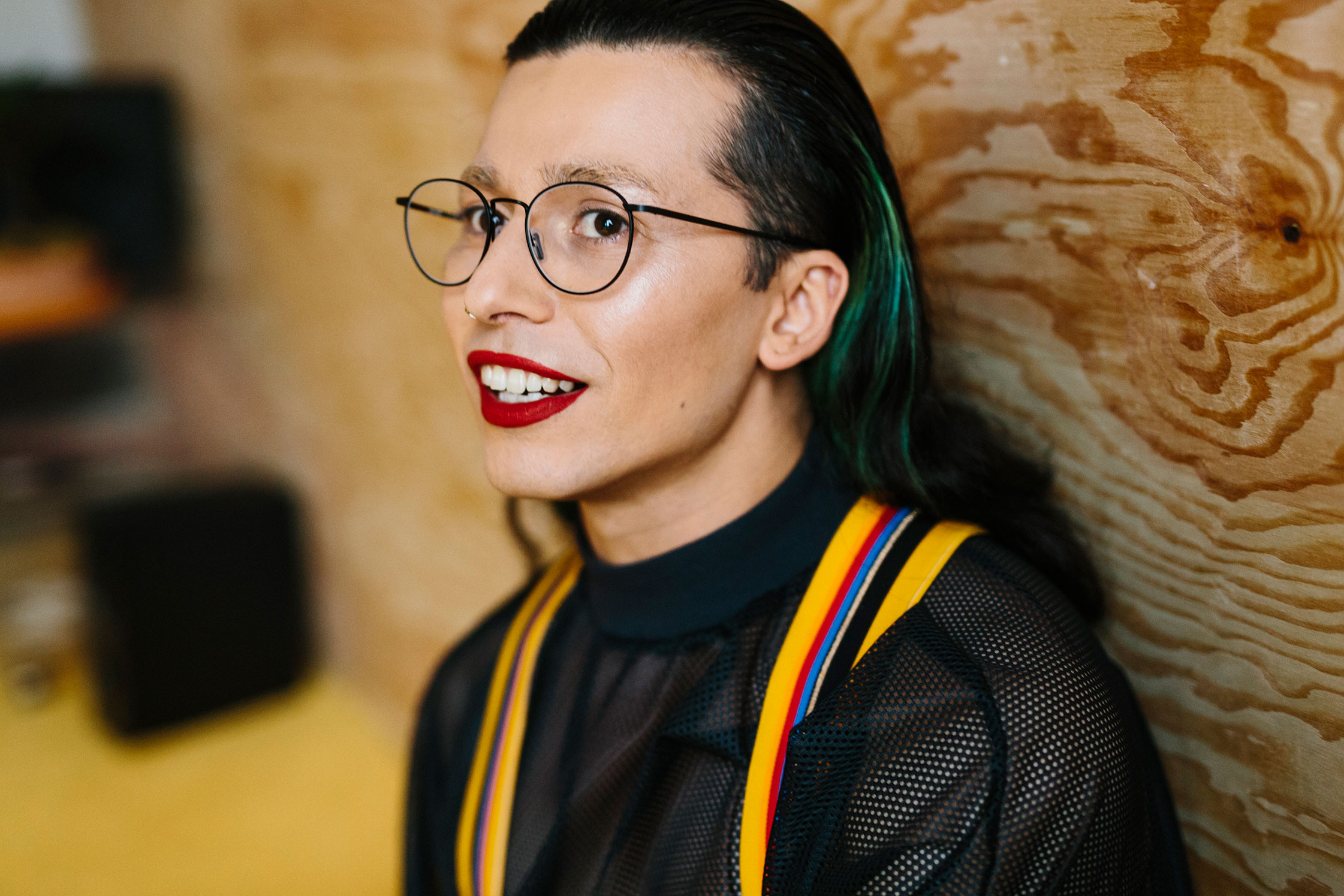
-
Tell us about your creative community in Berlin.
I’ve found my own little family here, which is important being so far away from home. In London everyone is moving so fast and has three different jobs. Berlin taught me what good friends are; everyone takes care of each other here. There is more time to have a life and really make connections. And as far as the art community, for the last four videos I’ve worked with the same art direction and the same people doing costumes. We just help each other.
-
Is there something Australia has that your current home lacks?
I miss being by the ocean and having easy access to it: riding the power of a wave, hearing them crash and the randomness in how it all flows together. I hated the beach growing up, but it’s now what I miss the most. I think I just feared the power of it being so limitless, unpredictable, and mysterious. Now all those things are what I find so inspiring and I seek in my own life experiences.
“Travelling from New York to London…every time I had to start again in a new city: build a new family, and build a new support network.”
-
Is there a place in Berlin where you feel similarly at ease?
Especially through the week, I like to be alone and just process information and inspiration. When I’m working in nightlife I’m presenting more as my femme self and I wouldn’t say it takes more energy but I put a lot more energy into being a good vibration at the party and wanting other people around me to feel good. When I’m chilling by myself, though, it’s all about me! I go to a cafe, or I’ll be in my room. If it’s summer, I like to go into the middle of Tempelhof [a former airport turned public park] and just sit in the grassy area.
-
You’ve been writing and performing since you were a teenager but you’ve only just released your first record. Why did it take you so long?
I think a lot of it was that I always knew that when I did my first release I wanted it to be good, and I wanted it to be professional. I held back a bit because I didn’t have money to record or for a studio. Traveling from New York to London…every time I had to start again in a new city, build a new family, and build a new support network. I was kind of just focused on that, but I was still writing the whole time. I would have loved to have released stuff back then, but looking back now I still wasn’t ready. I didn’t know myself. I think it all happened in its own time and at the right time. This EP focuses a lot on gender and gender struggles, and it was important to me to tell those struggle as my first EP.
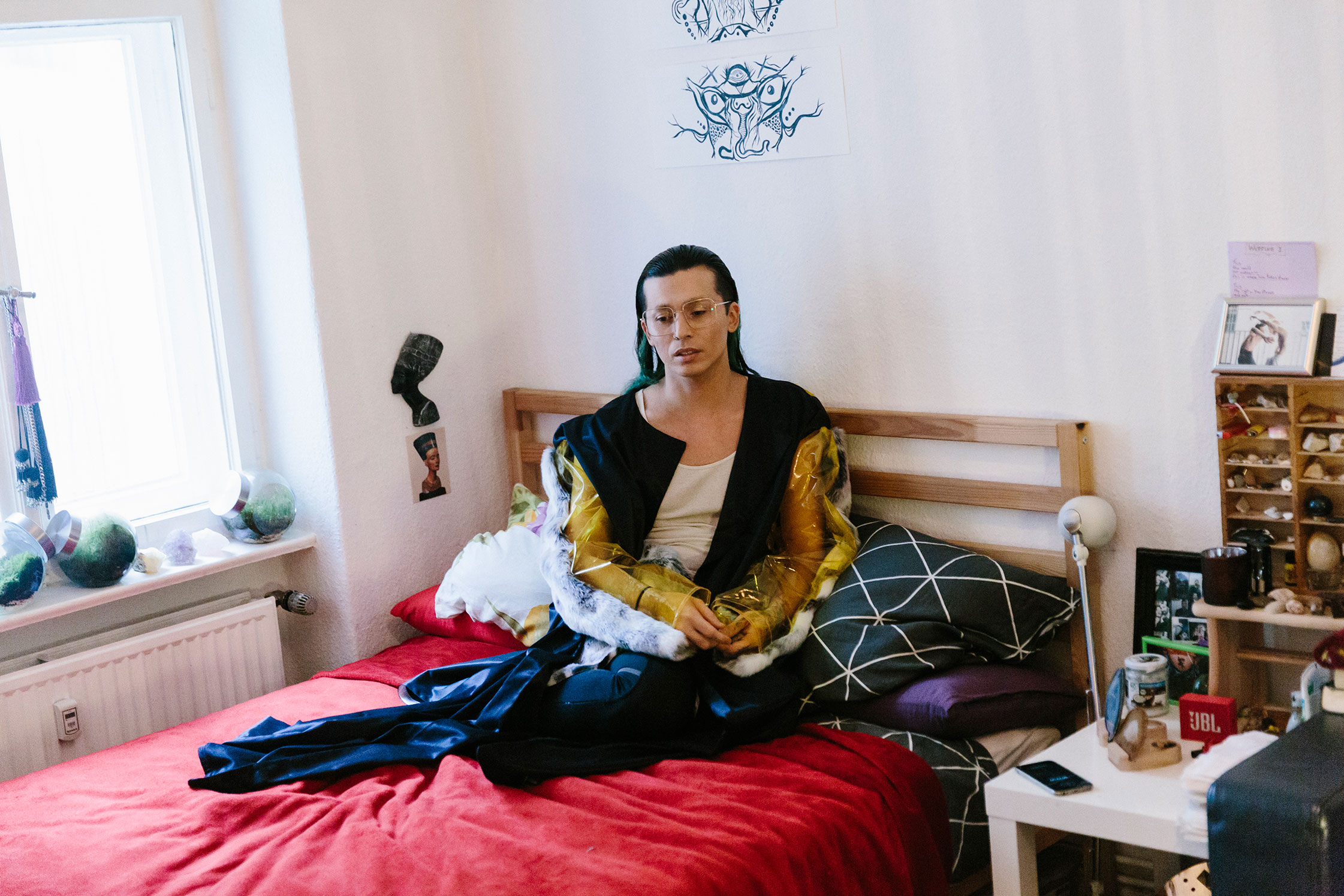
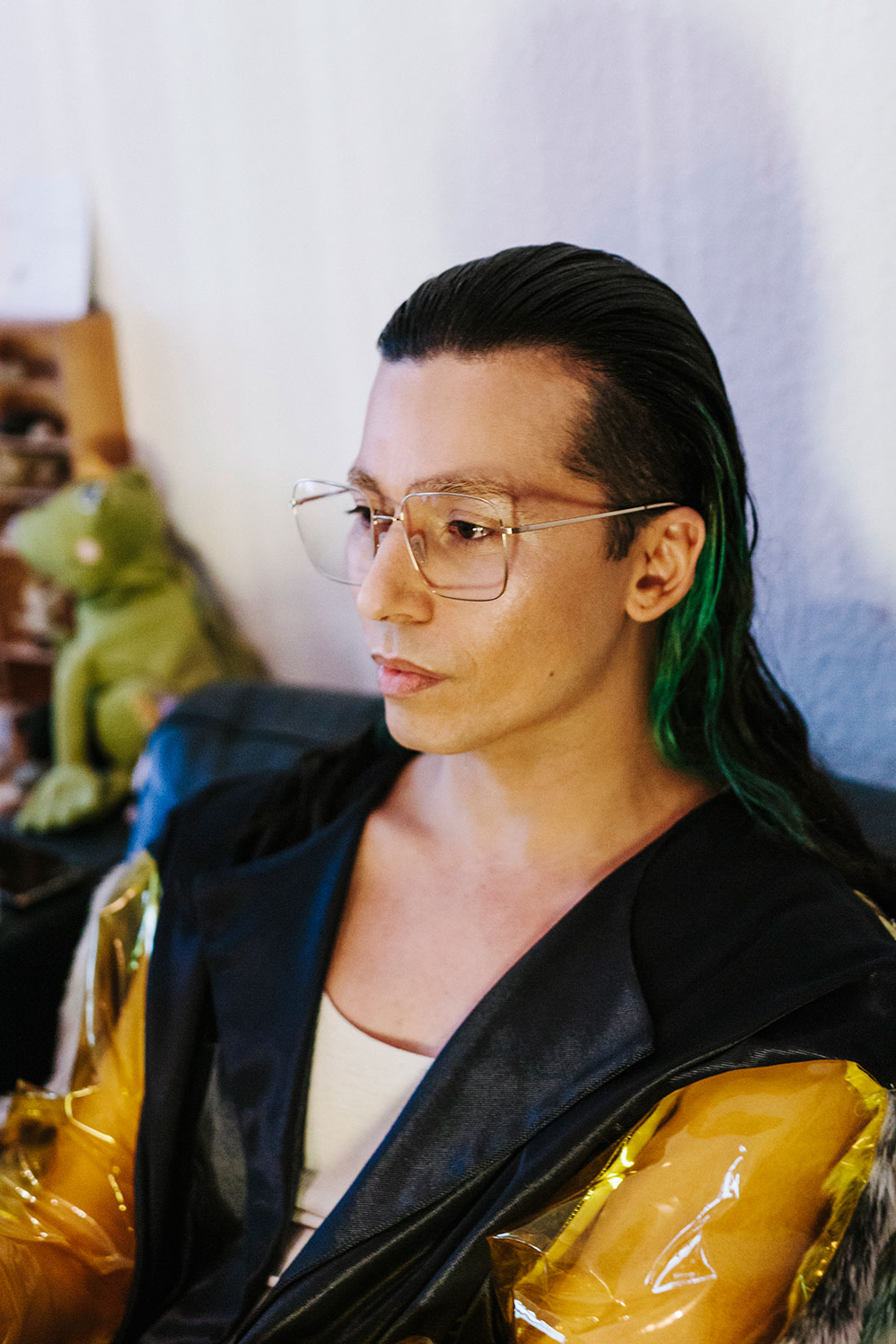
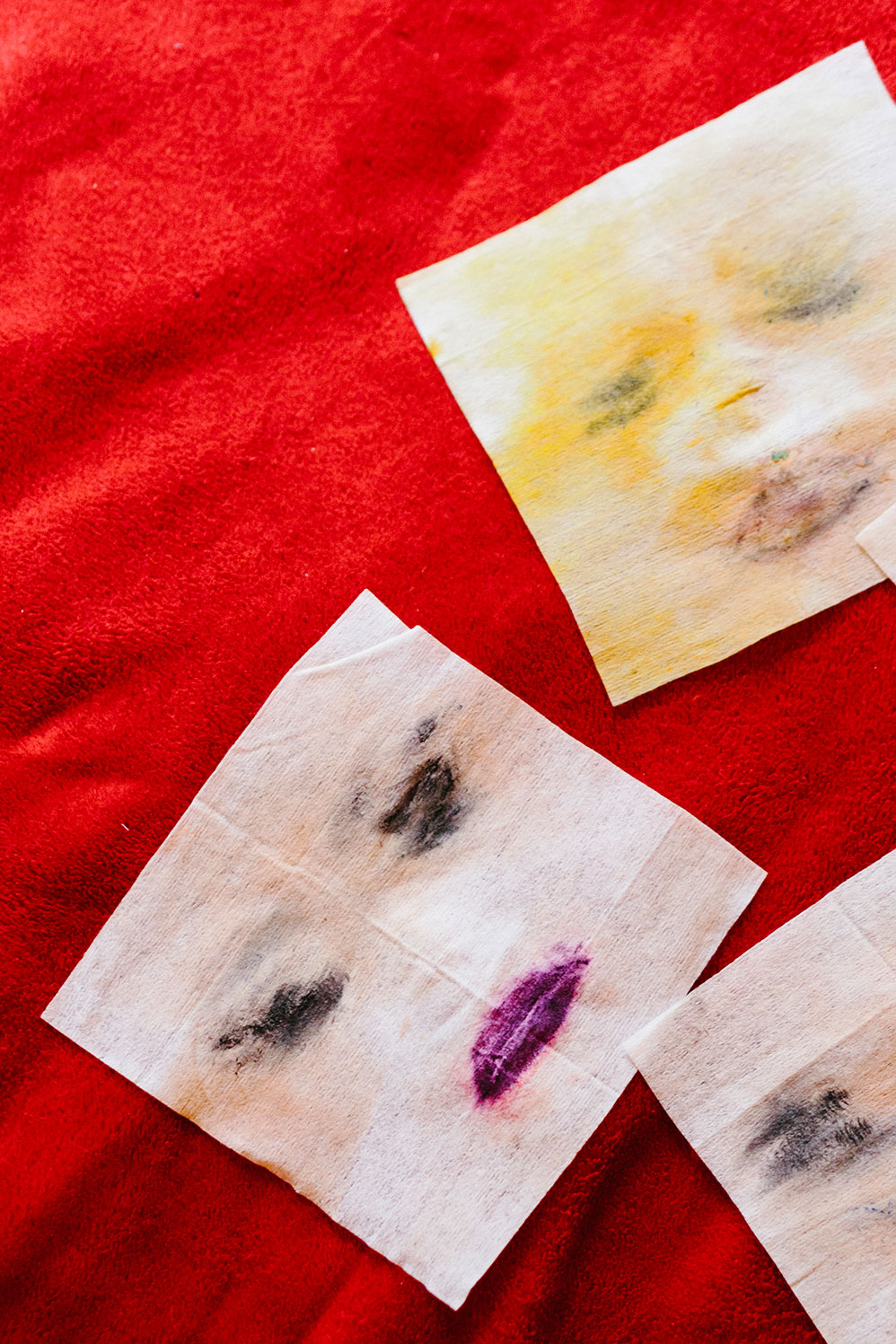
-
Have your gender struggles eased whilst living in Berlin?
I’m definitely much more at peace and comfortable with myself as I’ve come into my being in the last years in Berlin. Accepting how special my own journey has been I feel much more whole and grounded. I think it all comes down to understanding and forgiving my desire to choose the path I have. Right now I feel I’m at a place where I’m working on transcending my identity struggles; they are my fuel that lights my inner fire to be able to be Mikey. Owning and rewiring how those past struggles of feeling out of place in the world have made me feel and turning them into something positive through music and performance and a way of being. The deeper I go into myself the more I appreciate those crucial lessons and the path I’m on.
-
What have you taken with you from that path?
My perception of success is different to what it was in the past or when I first started doing music; I no longer crave the fame or attention.
-
So what do you strive to achieve?
I’m writing and performing music for others, with an intention of connecting those at my shows more to themselves and help realize our interconnectedness. Of course, I always want to be doing better, but the only competition is to challenge myself to out-do what I’ve already done.
-
With that in mind, do you see Berlin as a temporary part of your journey, or could you see yourself staying here for the long haul?
I want to be everywhere! I’d like to have apartments in London, New York, Berlin—and, as I get older, I’m coming around to the idea of being back home in Australia. After being in Berlin and learning about spirituality I appreciate nature a lot more.
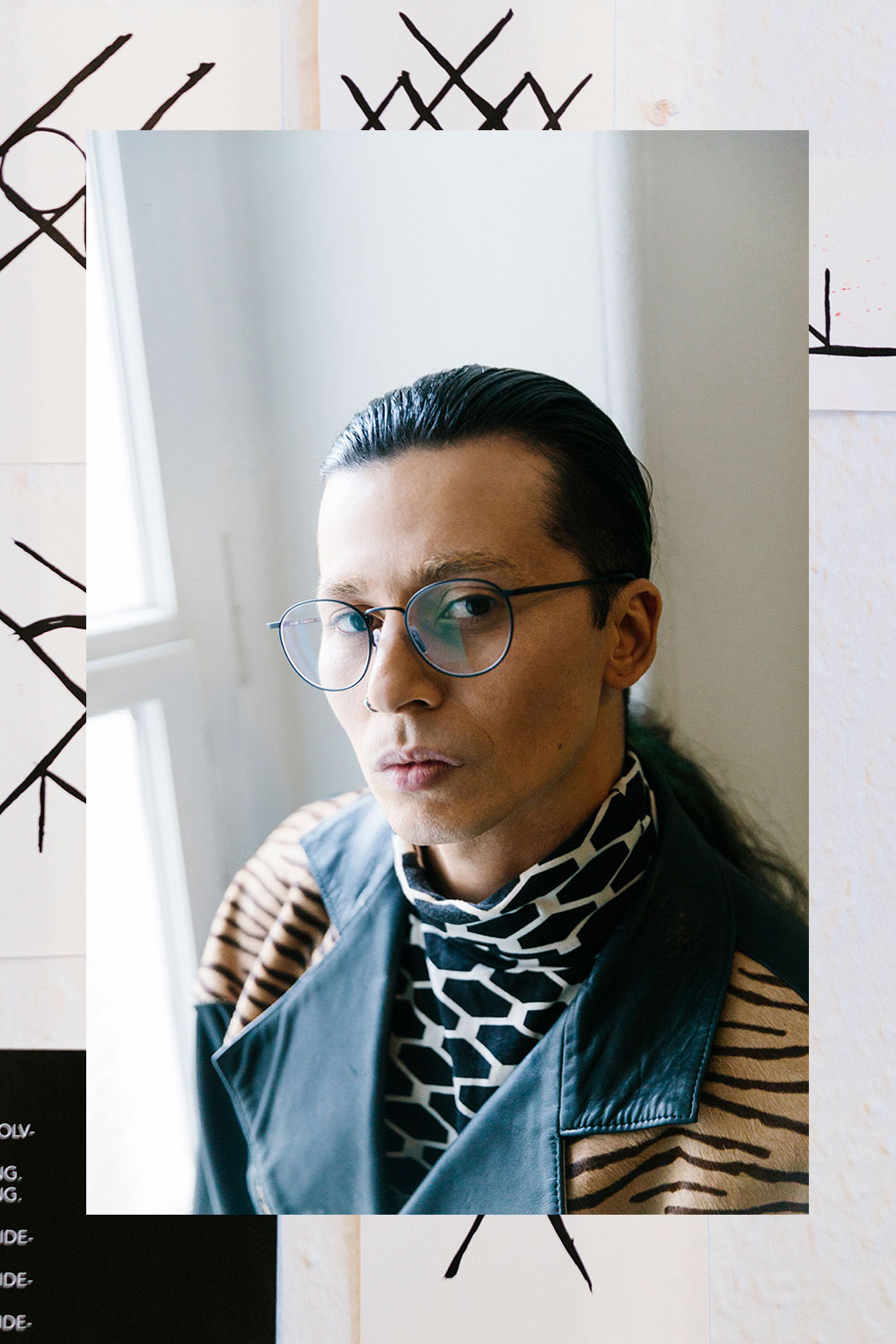

This story is part of Heimatbound a joint editorial project of Dutch eyewear brand Ace & Tate and FvF that engages with four talents who have followed the call of Berlin as a haven to pursue creative endeavors.
Text: Chloe Stead
Photography: Gene Glover

